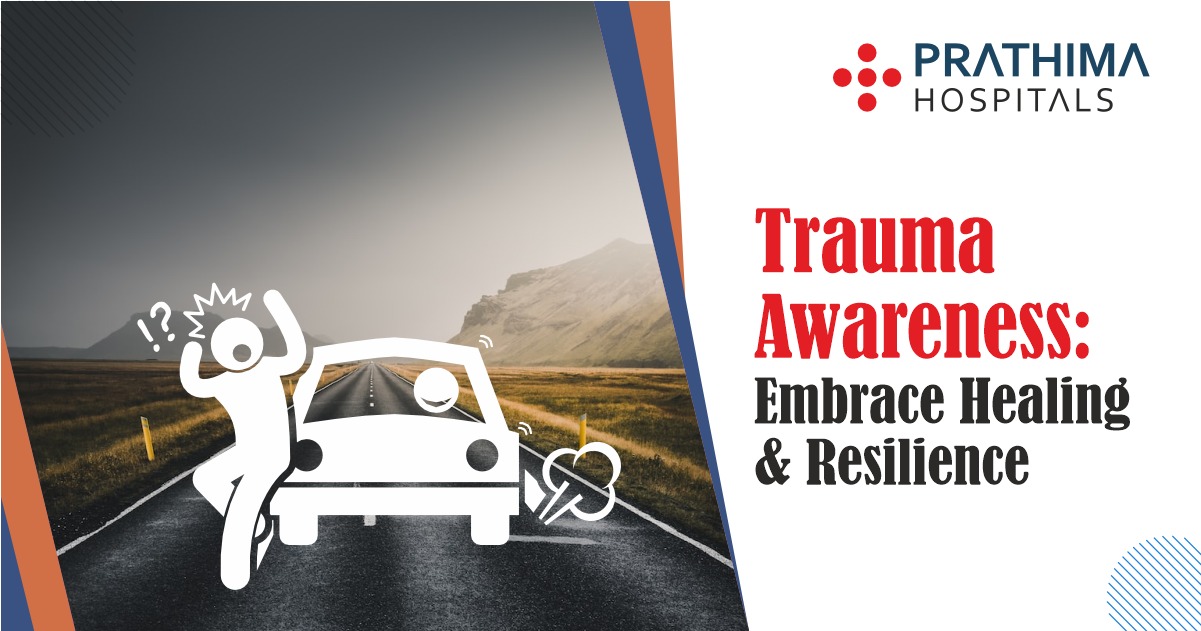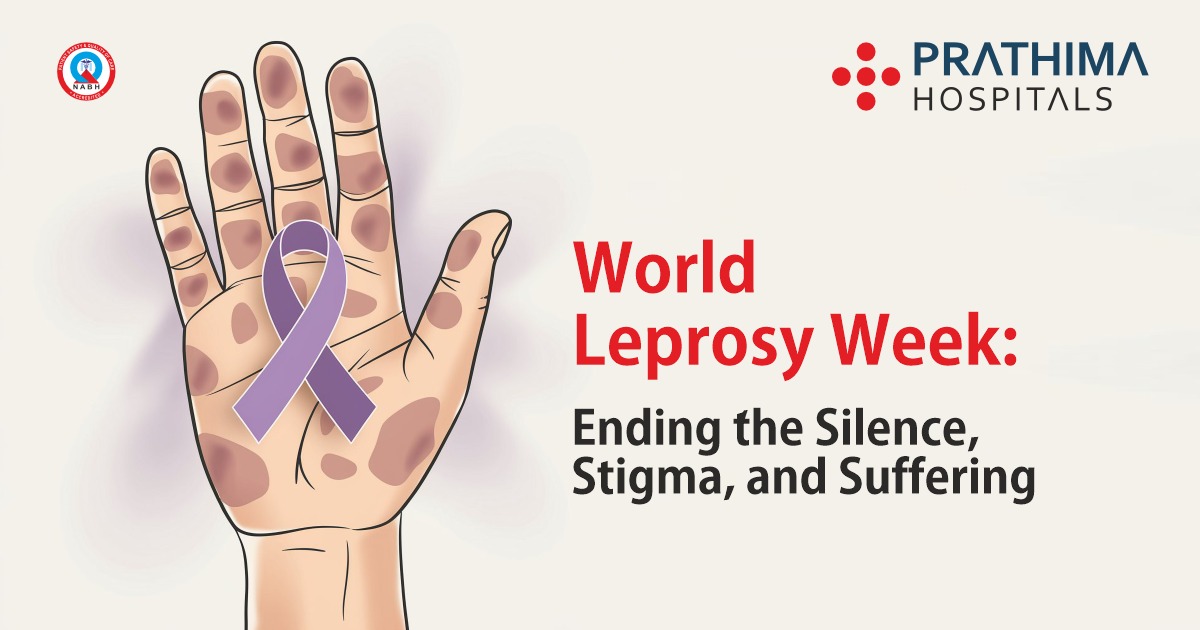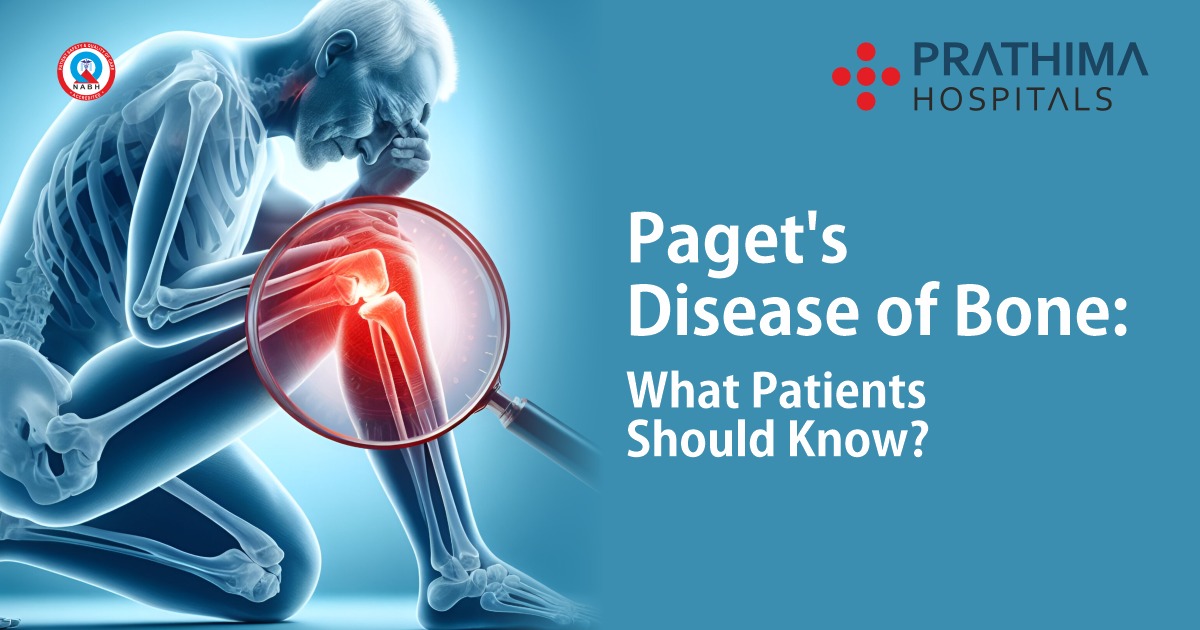World Trauma Day 2023 – Resilience, Healing, and Hope!

World Trauma Day 2023
Introduction:
World Trauma Day is observed on October 17th every year, as a global reminder of the extensive impact of trauma on individuals, families, and communities worldwide as per the General Physician in Hyderabad. Trauma is a universal human experience that transcends borders, cultures, and backgrounds. Be it the aftermath of a natural disaster, the consequences of conflict and war, or the hidden scars of emotional and psychological trauma, its effects ripple across society, leaving lasting imprints. In this article, we will explore the significance of World Trauma Day, the various forms of trauma, its global prevalence, and the steps individuals and societies can take to heal, build resilience, and nurture hope.
Understanding Trauma:
When an individual’s ability to cope is overwhelmed by a distressing event, he or she experiences trauma. When an individual’s ability to cope is overwhelmed by a distressing event, he or she experiences trauma. It can manifest physically, emotionally or psychologically.
- Physical Trauma: This includes injuries and harm to the body due to accidents, falls, or violence. Physical trauma often leads to visible wounds, scarring, and sometimes long-term disabilities.
- Emotional Trauma: Emotional trauma results from distressing experiences such as loss, betrayal, or personal crisis. It can lead to feelings of despair, anxiety, and depression, affecting a person’s emotional well-being.
- Psychological Trauma: This type of trauma is often rooted in past events and can be long-lasting. It includes experiences like childhood abuse, war, or natural disasters. Psychological trauma can result in conditions like post-traumatic stress disorder (PTSD) and may require therapy or counselling for healing.
- Developmental Trauma: Trauma experienced during childhood can have lifelong implications. Adverse childhood experiences, such as neglect or abuse, can affect a person’s emotional and psychological development.
- Societal Trauma: According to the General Physician in Kukatpally, societal trauma is collective and can affect entire communities or nations. It results from events like natural disasters, wars, and pandemics. These events can disrupt social structures and leave lasting scars.
The Global Prevalence of Trauma:
Trauma knows no geographical boundaries. Every age, gender, race, and socioeconomic status is affected. Some key contributors to global trauma include:
- Natural Disasters: Earthquakes, hurricanes, floods, and wildfires can displace and traumatize entire communities. Climate change is expected to increase the frequency and severity of such events.
- Armed Conflicts: War zones are hotbeds of trauma, affecting civilians and soldiers alike. The scars of war often endure long after the conflict has ended.
- strong>Refugees and Displacement: Millions of people are forced to flee their homes due to violence, persecution, or economic hardship. These individuals often carry the trauma of displacement with them.
- Domestic Violence: Intimate partner violence and abuse are pervasive issues, leading to emotional and physical trauma within the confines of the home.
- Mental Health: Mental health disorders, including depression, anxiety, and PTSD, can be caused or exacerbated by traumatic experiences.
- Social and Economic Inequities: Disparities in access to resources and opportunities can create trauma in marginalized and vulnerable populations.
World Trauma Day’s Objectives:
World Trauma Day is not just a day to acknowledge the existence of trauma; it’s a call to action aimed at raising awareness and promoting healing and resilience. Its primary objectives include:
Advocating for Trauma-Informed Care:
One of the central objectives of World Trauma Day is to advocate for trauma-informed care across various sectors, including healthcare, education, social services, and law enforcement. This approach recognizes the prevalence of trauma and its potential impact on individuals seeking services. Trauma-informed care emphasizes:
- Understanding how trauma can affect an individual’s physical and emotional well-being.
- Creating safe and supportive environments that avoid re-traumatization.
- Training professionals to recognize signs of trauma and respond with empathy and appropriate care.
- Integrating trauma-informed practices into policies and procedures within organizations and institutions.
Advocating for trauma-informed care is essential to ensure that individuals who have experienced trauma receive the support and care they need without further harm.
Reducing Stigma around Trauma:
Stigma is a significant barrier that prevents individuals from seeking help for their trauma-related issues. World Trauma Day aims to reduce the stigma associated with trauma by:
- Promoting open conversations about trauma and mental health.
- Encouraging individuals to share their experiences and seek support without fear of judgment.
- Increasing public awareness about the diverse forms of trauma helps dispel misconceptions and stereotypes.
- Showcasing stories of resilience and recovery to inspire others and challenge stigmatizing beliefs.
By reducing stigma, more people are likely to come forward to access the necessary resources and support for their healing journey.
Fostering Resilience and Hope:
Trauma can often leave survivors with feelings of hopelessness, despair, and helplessness. World Trauma Day endeavours to instil hope and promote resilience by:
- Sharing stories of individuals who have overcome trauma and rebuilt their lives.
- Encouraging community support and understanding for trauma survivors.
- Offering resources and information about coping strategies, self-care, and building resilience.
- Providing platforms for individuals to connect, share their experiences, and offer mutual support.
Fostering resilience and hope is crucial for trauma survivors as it empowers them to regain control over their lives and move towards a brighter future.
Promoting Trauma Research:
To better understand and address trauma, research is essential. World Trauma Day emphasizes the importance of trauma research in several ways:
- Encouraging funding and resources for studies on the causes, effects, and interventions related to trauma.
- Supporting the dissemination of research findings to inform policies and practices.
- Promoting interdisciplinary collaboration among researchers, clinicians, and professionals to enhance knowledge and treatment options.
- Advocating for the development of evidence-based interventions to address trauma-related issues.
By promoting trauma research, World Trauma Day aims to expand our understanding of trauma and improve the effectiveness of interventions and support systems.
Healing and Resilience:
Healing from trauma is a complex process, but individuals and communities need to thrive. Here are some key principles suggested by the General Physician in Kachiguda, for healing and building resilience:
- Seeking Help: Acknowledging the need for help is the first step. Therapy, counselling, and support groups provide a safe space for individuals to share their experiences and receive guidance.
- Self-Care: Self-care practices like exercise, mindfulness, and maintaining a healthy diet can support mental and emotional well-being.
- Social Support: Connecting with friends and loved ones can be a source of comfort and healing. Building and maintaining strong social bonds can help individuals recover from trauma.
- Mindfulness and Meditation: These practices can help individuals stay grounded and present, reducing the impact of trauma-related stress and anxiety.
- Education and Awareness: Learning about trauma and its effects is empowering. It helps individuals understand their experiences and find strategies for healing.
- Empowerment: Regaining a sense of control and empowerment is vital for trauma recovery. This can involve setting goals, making choices, and regaining a sense of autonomy.
- Trauma-Informed Care: Encouraging institutions, including healthcare providers and schools, to adopt trauma-informed practices can significantly impact the healing process.
Hope and Resilience:
While trauma can have profound and lasting effects, resilience is the human capacity to adapt and recover from adversity. It is a skill that can be developed, not an inherent quality. In order to be strong, you need the following elements:
- Positive Thinking: Cultivating a positive mindset can help individuals face adversity with hope and determination. It involves focusing on strengths and opportunities rather than dwelling on limitations.
- Problem-Solving: Resilient individuals are often skilled problem solvers. Challenges are assessed, solutions are identified, and actions are taken.
- Social Support: Strong social connections provide a safety net during difficult times. Resilient individuals lean on their support networks for encouragement and assistance.
- Adaptability: The ability to adapt to changing circumstances is a hallmark of resilience. This flexibility enables individuals to cope with unexpected challenges.
- Self-Care: Resilient individuals prioritize self-care, ensuring that they are physically and emotionally well-equipped to face adversity.
- Goal Setting: Setting and working toward goals, no matter how small, can give a sense of purpose and motivation in the face of trauma.
World Trauma Day in Action:
On World Trauma Day, various organizations, communities, and individuals come together to promote awareness, support, and action. Here are some ways in which the day is observed:
- Workshops and Seminars: Organizations often host workshops and seminars to educate the public about trauma, its effects, and how to provide support.
- Fundraising: Fundraisers are held to raise money for trauma-related initiatives, such as therapy for survivors, mental health services, and community programs.
- Support Groups: On this day, many support groups and therapy sessions are held, providing individuals with a platform to share their experiences and seek guidance.
- Awareness Campaigns: Social media campaigns, videos, and articles are created to raise awareness about trauma and its impact, reducing stigma and encouraging empathy and understanding.
- Art and Expression: Art exhibitions, performances, and other creative expressions are used to convey the experiences of trauma survivors and promote healing.
- Policy Advocacy: Advocacy efforts are launched to influence policymakers and institutions to adopt trauma-informed practices and allocate resources for trauma survivors.
Conclusion:
World Trauma Day is a crucial global initiative that highlights the pervasive nature of trauma and the importance of healing and resilience. According to the General Physician in KPHB, trauma affects millions of individuals worldwide, and its consequences can be devastating. By recognizing the need for trauma-informed care, reducing stigma, and fostering resilience, we can support individuals in their journey toward recovery and hope. As we commemorate World Trauma Day, let us remember that healing is possible, and hope can be rekindled, even in the darkest of times.
.
.
.
.
.
For More Details:
📞:: 733 733 6600 | 040 4345 4345
🌐:: https://prathimahospitals.com/book-appointment/






Warning: Undefined variable $req in /home/u885608126/domains/prathimahospitals.com/public_html/wp-content/themes/prathimahospitals/functions.php on line 294
Warning: Undefined variable $commenter in /home/u885608126/domains/prathimahospitals.com/public_html/wp-content/themes/prathimahospitals/functions.php on line 295
Warning: Trying to access array offset on value of type null in /home/u885608126/domains/prathimahospitals.com/public_html/wp-content/themes/prathimahospitals/functions.php on line 295
Warning: Undefined variable $aria_req in /home/u885608126/domains/prathimahospitals.com/public_html/wp-content/themes/prathimahospitals/functions.php on line 295
Warning: Undefined variable $req in /home/u885608126/domains/prathimahospitals.com/public_html/wp-content/themes/prathimahospitals/functions.php on line 298
Warning: Undefined variable $commenter in /home/u885608126/domains/prathimahospitals.com/public_html/wp-content/themes/prathimahospitals/functions.php on line 299
Warning: Trying to access array offset on value of type null in /home/u885608126/domains/prathimahospitals.com/public_html/wp-content/themes/prathimahospitals/functions.php on line 299
Warning: Undefined variable $aria_req in /home/u885608126/domains/prathimahospitals.com/public_html/wp-content/themes/prathimahospitals/functions.php on line 300
Warning: Undefined variable $commenter in /home/u885608126/domains/prathimahospitals.com/public_html/wp-content/themes/prathimahospitals/functions.php on line 303
Warning: Trying to access array offset on value of type null in /home/u885608126/domains/prathimahospitals.com/public_html/wp-content/themes/prathimahospitals/functions.php on line 303